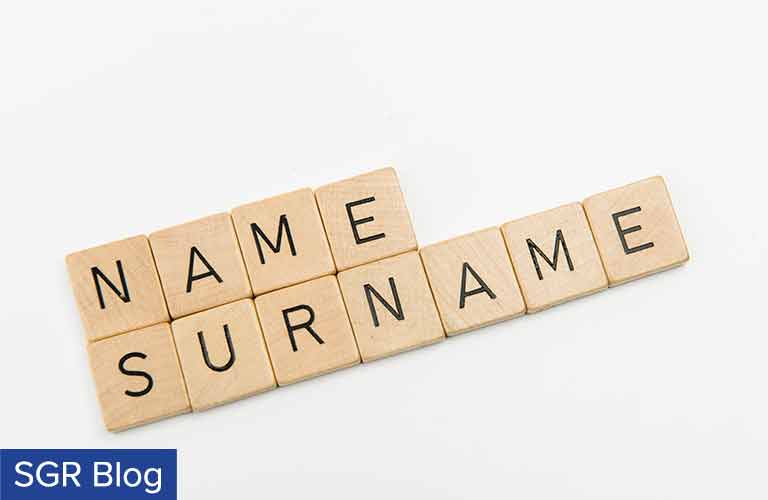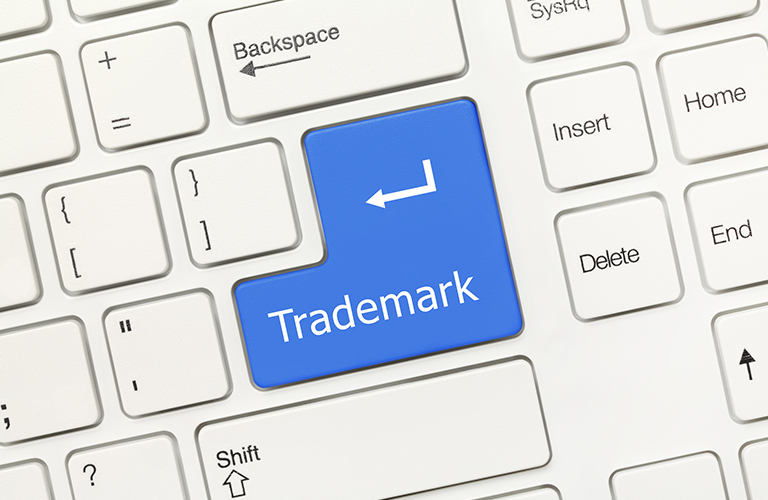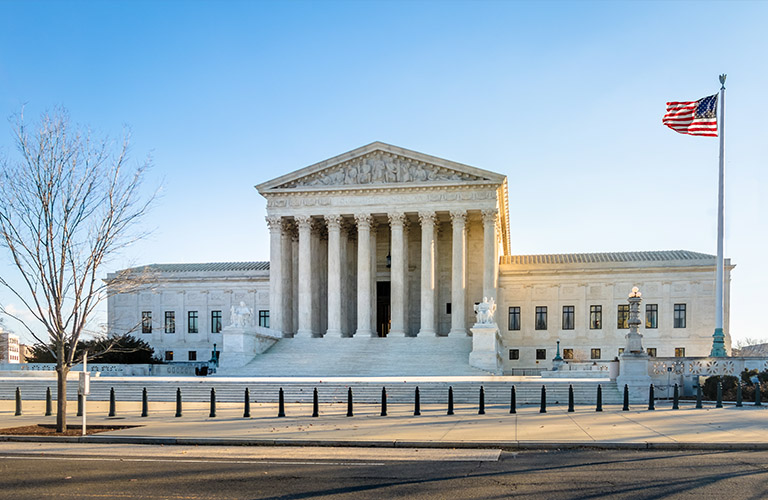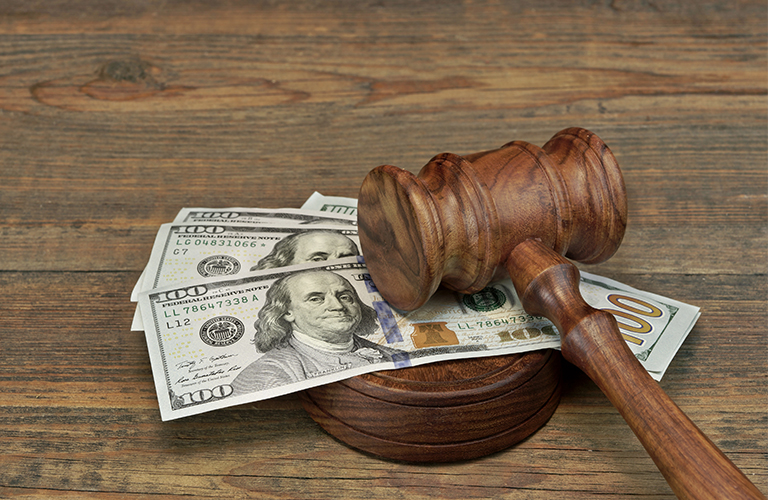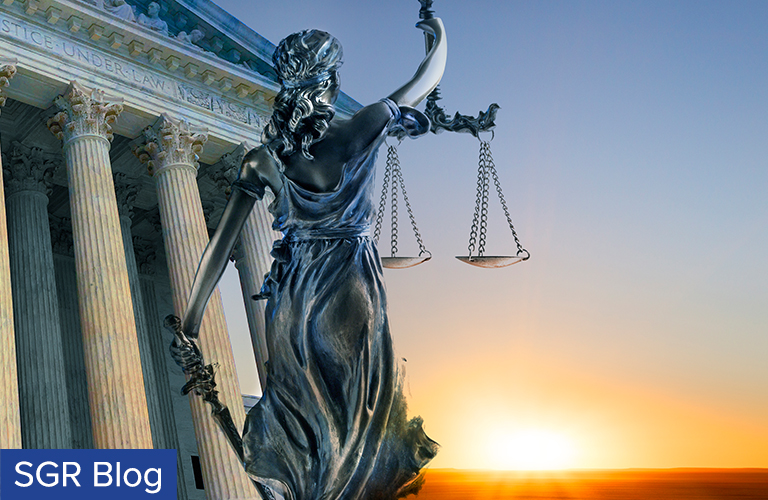
April 23, 2020, Washington, D.C. The Supreme Court today held that a plaintiff need not prove that a defendant acted “willfully” in order to recover profits as an equitable remedy for trademark infringement under Section 35(a) of the Federal Trademark Act of 1946, as amended (the “Lanham Act”), 15 U.S.C. § 1117(a). Romag Fasteners, Inc. v. Fossil, Inc., No. 18-1233, — S.Ct. —-, 2020 WL 1942012 (April 23, 2020). The plaintiff, a designer of fasteners used in handbags, brought an action against a handbag manufacturer alleging infringement of its “ROMAG” trademark. A jury found the manufacturer liable for patent and… Read more


